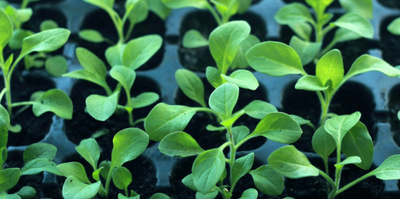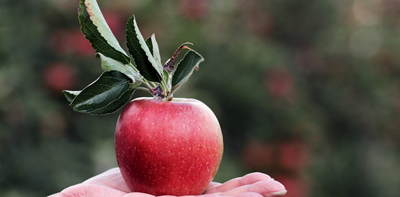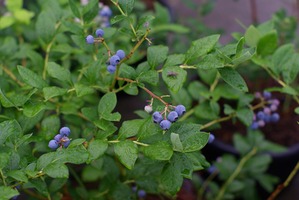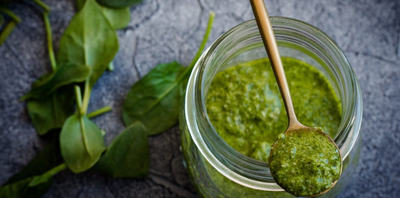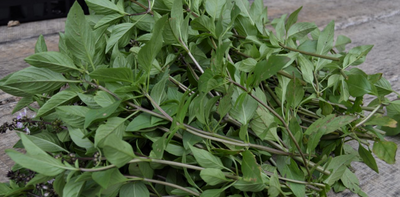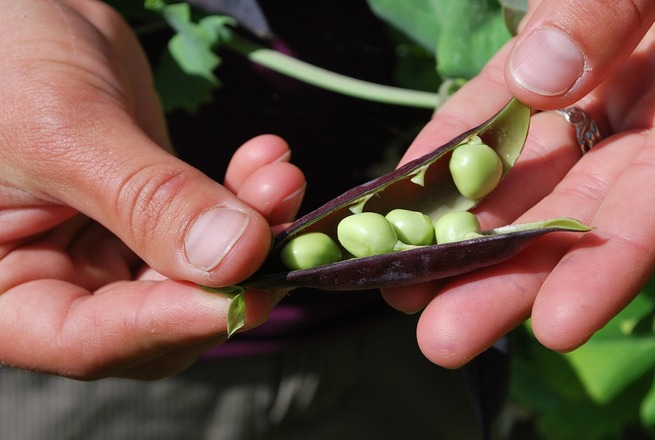
Cultivating Resilience: A Guide to Seed Saving for Next Year's Garden
Every avid gardener knows that growing your own vegetables can be an incredibly rewarding experience. Not only does it provide you with fresh, healthy produce, but it also allows you to connect with nature and nurture a sense of self-sufficiency. One of the most satisfying aspects of gardening is collecting and preserving seeds from your best-performing plants to use in the next growing season. This practice not only saves you money but also helps preserve heirloom varieties and adapt them to your specific growing conditions. In this blog, we'll take you through the steps to successfully collect and preserve vegetable seeds for next year's garden.
 Choose the Right Plants:
Choose the Right Plants:
To start the seed-saving process, it's essential to choose healthy, disease-free plants. Select plants that have shown strong growth, produced high-quality vegetables, and exhibited desirable traits such as flavor, size, and resilience to pests or diseases. Remember that saving seeds from hybrid plants may not yield consistent results, as they may not produce true-to-type offspring.
Allow Plants to Mature:
For seed-saving, it's crucial to allow your selected plants to fully mature before harvesting. Let the vegetables stay on the plant until they are overripe and start to show signs of decline. This ensures that the seeds inside have developed fully and are ready for harvest.
Harvesting Seeds:
Different vegetables require specific seed-harvesting techniques:
Tomatoes: Squeeze the seeds out of ripe tomatoes into a container. Ferment the seeds by covering them with water and letting them sit at room temperature for a few days. The fermentation process helps remove the gel coating on the seeds. After fermentation, rinse the seeds thoroughly and spread them out to dry.
Peppers: Harvest pepper seeds when the peppers are fully ripe. Cut the peppers open, remove the seeds, and spread them out to dry.
Cucumbers, Squash, and Melons: Allow these vegetables to become fully mature on the vine. Scoop out the seeds, rinse them, and dry them thoroughly.
Beans and Peas: Allow the pods to fully mature and dry on the plant. Harvest the pods, shell them, and remove the seeds. Spread the seeds out to dry.
Lettuce and Other Leafy Greens: Let the plants bolt and produce seed stalks. Harvest the seed heads and allow them to dry. Rub the seeds from the seed heads.
 Properly Store Seeds:
Properly Store Seeds:
After harvesting, it's crucial to store your vegetable seeds correctly to ensure their viability for the next growing season:
Label and Date: Use envelopes or small containers to store seeds, and label them with the plant name, variety, and date of harvest. This helps you keep track of your seeds.
Keep Dry: Ensure that the seeds are completely dry before storing them. Moisture can cause them to mold or rot. Place a desiccant packet in the container to absorb any residual moisture.
Store in a Cool, Dark Place: Store your seed containers in a cool, dark, and dry place. A temperature between 32°F and 41°F (0°C to 5°C) is ideal for most vegetable seeds. Airtight containers or vacuum-sealed bags can help prevent moisture and pests from infiltrating.
Collecting and preserving vegetable seeds from your garden is a rewarding way to ensure a sustainable and diverse crop year after year. By following these simple steps and paying attention to the specific needs of each vegetable variety, you can create a reliable seed bank and enjoy the fruits of your labor for seasons to come. Additionally, by saving seeds, you contribute to the preservation of heirloom varieties and the tradition of sustainable gardening. So, don't miss the opportunity to take your gardening skills to the next level by becoming a seed-saving enthusiast!
Other Blog Posts You May Be Interested In:
How and When To Plant Spring Bulbs
How To Maintain Ornamental Grasses

About RightPlantz - RightPlantz is your go-to source for all things gardening. RightPlantz grows better gardeners.

